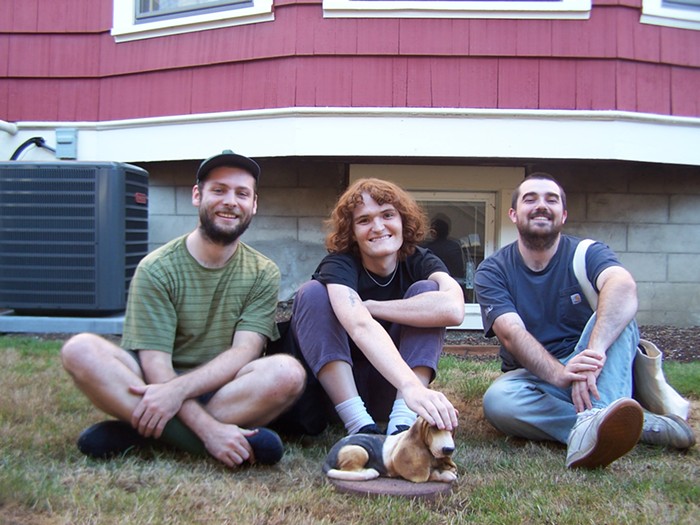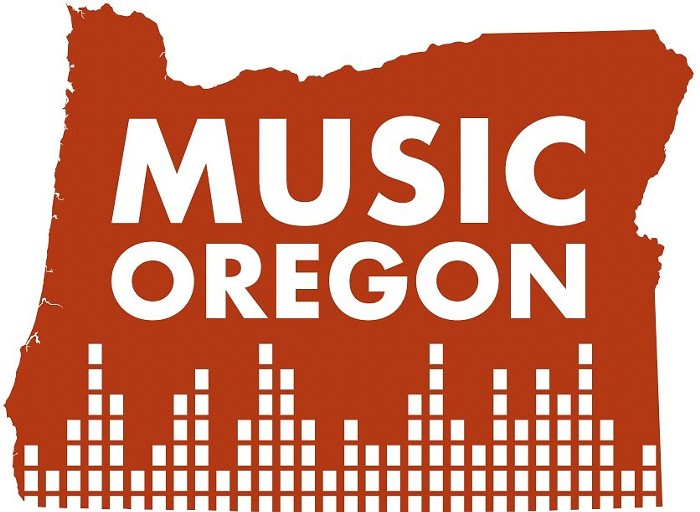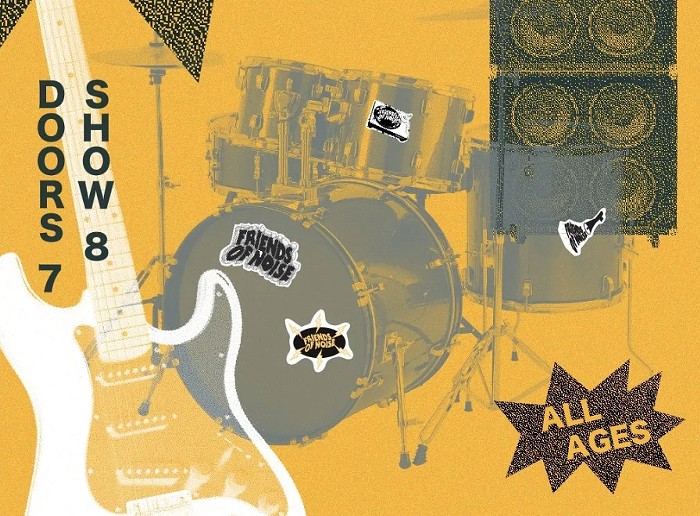Sat May 11
Berbati's
Few bands survive reinvention with dignity intact. Often, they make a mockery of their former selves with borrowed trends and aesthetics when old styles fall out of fashion. Luckily, though, UK's Cranes are an exception. With Future Songs, the group's first album since 1997's Population Four, Cranes have moved from the icy, damaged sounds of their shoegazer roots, opting for a gentler, electronic-based atmosphere.
Cranes were founded in 1985 by siblings Alison (vocals, guitar) and Jim Shaw (guitar, programming). Eerily childlike vocals earned them a loyal UK fanbase, but Cranes' cult following gave way to mainstream recognition when the group embarked on a 100-show world tour opening for The Cure. In 1997, Cranes recorded four demos for RCA, but major label pressure for a radio single pushed Cranes to explore their options; they put touring on hold while Alison spent two years studying drama, published a book of her collected lyrics, and began working on new songs with Jim in a small home studio. "We just wanted to record an album quietly, by ourselves," Alison notes.
Without label pressures, the Shaws had the freedom to experiment and work at their own pace, moving past the dark atmospheres they've long been associated with. 2001's Future Songs comes from a much sunnier place: sighing, blissful electronic orchestration and simple beats work alongside clean guitars, with Alison's trademark lilting, little-girl-lost vocals floating at the top of the mix. Future Songs could almost be the work of a cheerier, smoke-free Portishead. With the churning distortion of their past records stripped away, Cranes have revealed the placid center of their music, and seem to have found their peace in the process.


















